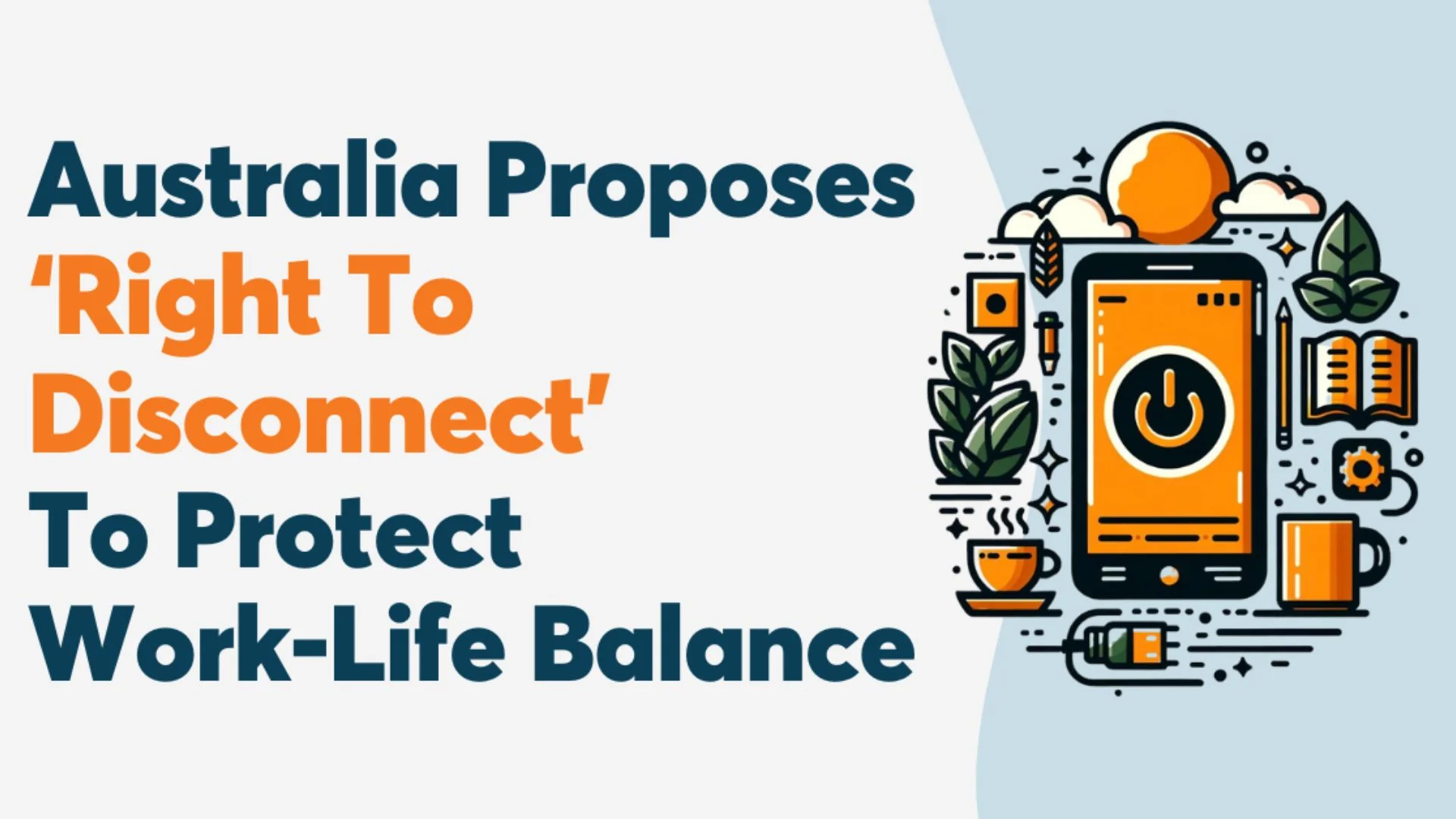Australia has introduced a groundbreaking law that gives employees the “right to disconnect” from work communications outside of their official working hours. This new provision allows Australians to ignore emails and phone calls from their employers once their workday ends.
Background and Rationale
The Australian government, led by Prime Minister Anthony Albanese, enacted this amendment to the Fair Work Act following the COVID pandemic, which blurred the lines between work and personal life. The new legislation establishes an “enforceable workplace right” for employees to refuse to monitor, read, or respond to employer contact outside of their designated working hours, unless refusal is deemed unreasonable.
Impact and Implications
Data from the Australia Institute’s Centre for Future Work reveals that Australians work an average of 5.4 hours of unpaid overtime per week, amounting to $131.2 billion in unpaid labor. Gabrielle Golding from the University of Adelaide highlighted that the new law will allow employees to definitively end their workday and reduce the burden of work-related contact during personal time. This marks a significant shift towards valuing employee wellbeing and personal time.
Support and Criticism
The legislation has received widespread support from unions, who see it as a positive move for worker rights. However, some business groups argue that the law is “unnecessary” and could lead to job losses due to potential confusion and reduced flexibility in work arrangements. The new rules will take effect for national system employees from August 26, 2024, and for small businesses starting in 2025. High-income earners, those making above $175,000, will not benefit from this right, though Golding suggests they should still model appropriate work-life balance practices.
Key Considerations
While the law does not prevent bosses or employees from contacting each other, it allows employees to disregard such contact without facing disciplinary action. This development emphasizes the need for employees to carefully negotiate their work contracts to align with the new standards.














